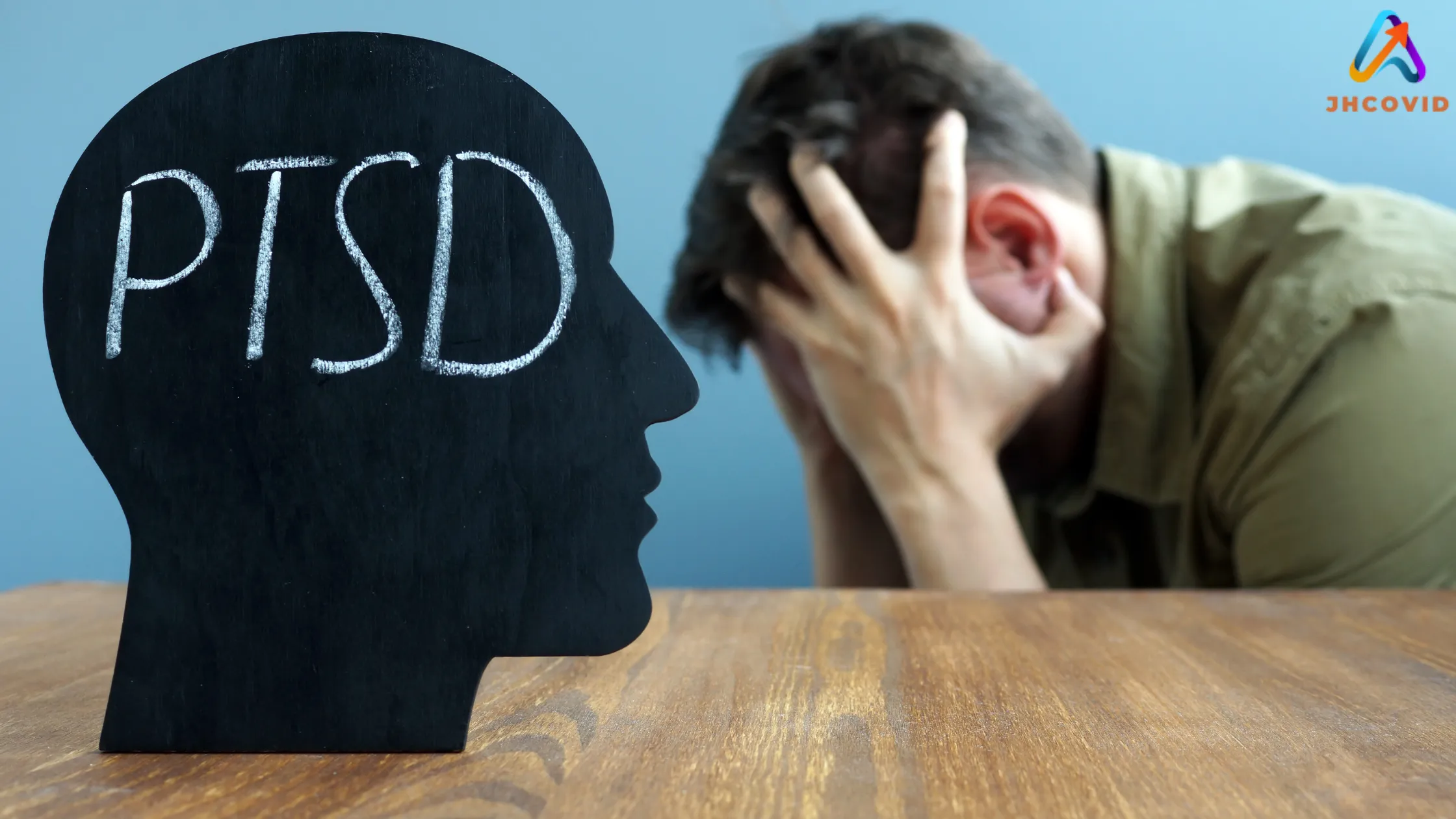Table of Contents
Recognizing the Signs
Post-Traumatic Stress Disorder (PTSD) can be challenging to identify, as symptoms may not appear immediately after a traumatic event. Recognizing the early indicators that something may be amiss is crucial for timely intervention. Consulting a complex PTSD therapist online can help in identifying these signs and provide appropriate guidance. Being proactive in recognizing PTSD symptoms can profoundly impact an individual’s path to recovery.
Awareness of the symptoms of PTSD is the first step towards addressing the disorder and seeking appropriate treatment for PTSD. According to the National Center for PTSD, symptoms such as hypervigilance, emotional numbness, and severe anxiety should prompt a closer look at the potential diagnosis of PTSD.
Recognizing these early signs can lead to more timely and effective interventions. The ability to understand these symptoms of PTSD helps not just the individual but also their support network to offer the necessary support and empathy required during the treatment for PTSD journey.
Common Symptoms

Individuals with PTSD may exhibit a range of symptoms that can interfere with daily life and overall mental health, highlighting the need for effective treatment for PTSD. These PTSD symptoms may include recurrent, unwanted, distressing memories of the traumatic event, flashbacks, and severe emotional distress. Avoidance behaviors, such as steering clear of places or people that trigger memories of the trauma, are also common and can significantly limit the quality of life for people with complex PTSD.
Sleep disturbances, irritability, and self-destructive behaviors are additional symptoms that may manifest in individuals with a diagnosis of PTSD. The overwhelming nature of these PTSD symptoms can lead to a decreased ability to perform daily activities, maintain relationships, and sustain employment.
It’s crucial to understand that people with PTSD may experience symptoms differently, making individualized approaches to treatment for PTSD essential. Recognizing and addressing these PTSD symptoms can pave the way for a more stable and fulfilling life through appropriate exposure therapy.
The Role of Online Therapy

Online therapy has emerged as a viable and effective option for those dealing with post-traumatic stress disorder. The convenience and accessibility of online treatment make it an attractive alternative to traditional in-person sessions. For many, the ability to communicate with a mental health professional from the comfort of their own home provides a significant degree of comfort and safety, especially when seeking mental health services.
This modality breaks down barriers such as geographical limitations, transportation issues, and even the stigma sometimes associated with visiting a mental health professional’s office, enhancing access to mental health services. Therapists who specialize in post-traumatic stress disorder (PTSD) can offer a range of therapeutic options, including talk therapy, virtually.
These may include Cognitive Behavioral Therapy (CBT) and Eye Movement Desensitization and Reprocessing (EMDR), both of which have been proven effective in treating post-traumatic stress disorder. The flexibility of online therapy sessions means more people can access the help they need without sacrificing their comfort or routine, thus making talk therapy a more consistent part of their lives.
Also Read: Understanding Kratom: A Natural Solution for Body Wellness
Benefits of Online Therapy
Online therapy provides numerous benefits, particularly for individuals with PTSD who may find it challenging to attend in-person sessions. One of the most significant advantages is the flexibility it affords. Sessions can be scheduled at convenient times, and the absence of travel allows for more consistent attendance. This accessibility can make the difference between receiving timely help and prolonged suffering without proper support.
Moreover, the online format can alleviate some of the stigma associated with seeking mental health treatment. For many, the perceived anonymity of online therapy makes it easier to seek help. Research from NCBI has shown that online therapy is just as effective as face-to-face therapy, making it a worthwhile consideration for those seeking support. Additionally, online platforms may offer supplementary resources such as support groups and educational materials, enhancing the overall therapeutic experience.






